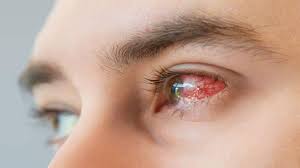Dark Side of Social Media and 3 Hidden Effects on Mental Health
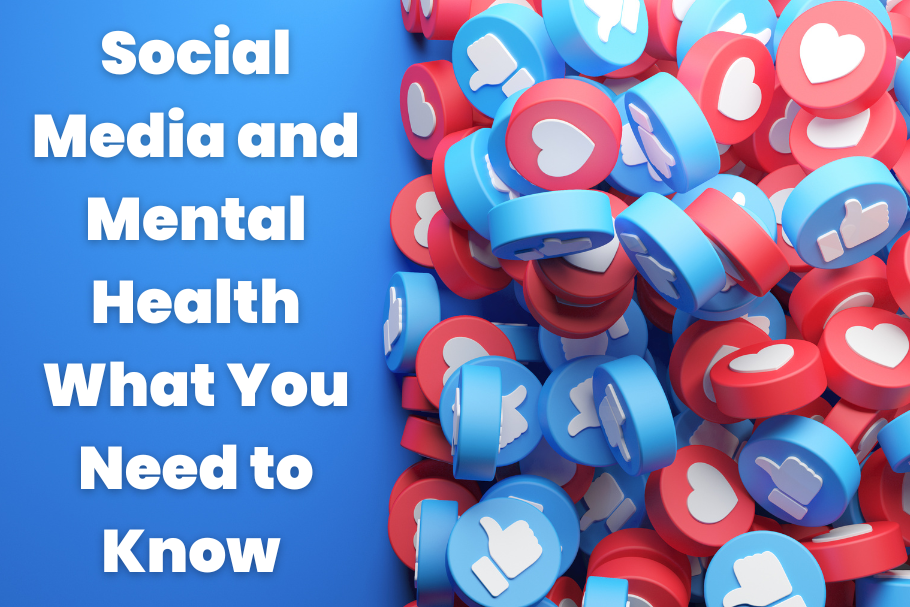
Dark Side of Social Media and Hidden Effects on Mental Health
Introduction
Social Media is a part of our everyday life, providing a platform for people to connect and share their views, ideas, and experiences. It has revolutionized communication and has become the primary source of information for many. However, with the increased use of social media, there has been a rise in the negative effects on mental health. In this blog, we will explore how social platforms impacts mental health and what steps individuals can take to use it in a healthy way.
Negative effects on Mental Health
Social media has become an essential part of modern society, allowing us to connect with people from all over the world. However, excessive use of social platforms can have severe negative effects on our mental health.
Addiction to Social Media
Depression and anxiety, and loneliness and social isolation are some of the key issues that arise from excessive usage. Do you ever find yourself scrolling through social platforms for hours, mindlessly consuming content? If so, you may be addicted to social media. Addiction to social media can lead to decreased productivity, lack of sleep, and overall dissatisfaction with life.
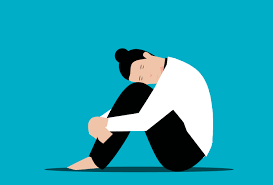
Social media can be incredibly addicting. It’s like a now day – ending virtual buffet, and numerous of us find ourselves indulging in it for hours without realizing. It affects people of all periods. You might be scrolling through your news feed, relish, and participating posts, and before you know it, hours have slipped down.
The problem with this dependence is that it can lead to a waterfall of negative consequences. It frequently results in dropped productivity, as precious time that could have been spent on further meaningful tasks gets consumed by social media. Late- night scrolling sessions can disrupt your sleep patterns, leaving you feeling swimmy and fatigued the coming day. maybe most concerning is the overall sense of dissatisfaction that can accompany social media dependence .
As you lose yourself in the digital world, you may start comparing your life to the precisely curated images and narratives of others. The putatively perfect lives portrayed online can make you question your own worth, leading to passions of inadequacy and low tone- regard.
Depression and Anxiety
Often co-occur with addiction to social media. Comparing our lives to the seemingly perfect lives of others on social media can lead to feelings of inadequacy and low self-esteem. This can trigger anxiety and depression, leading to a downward spiral of negative thoughts and emotions.
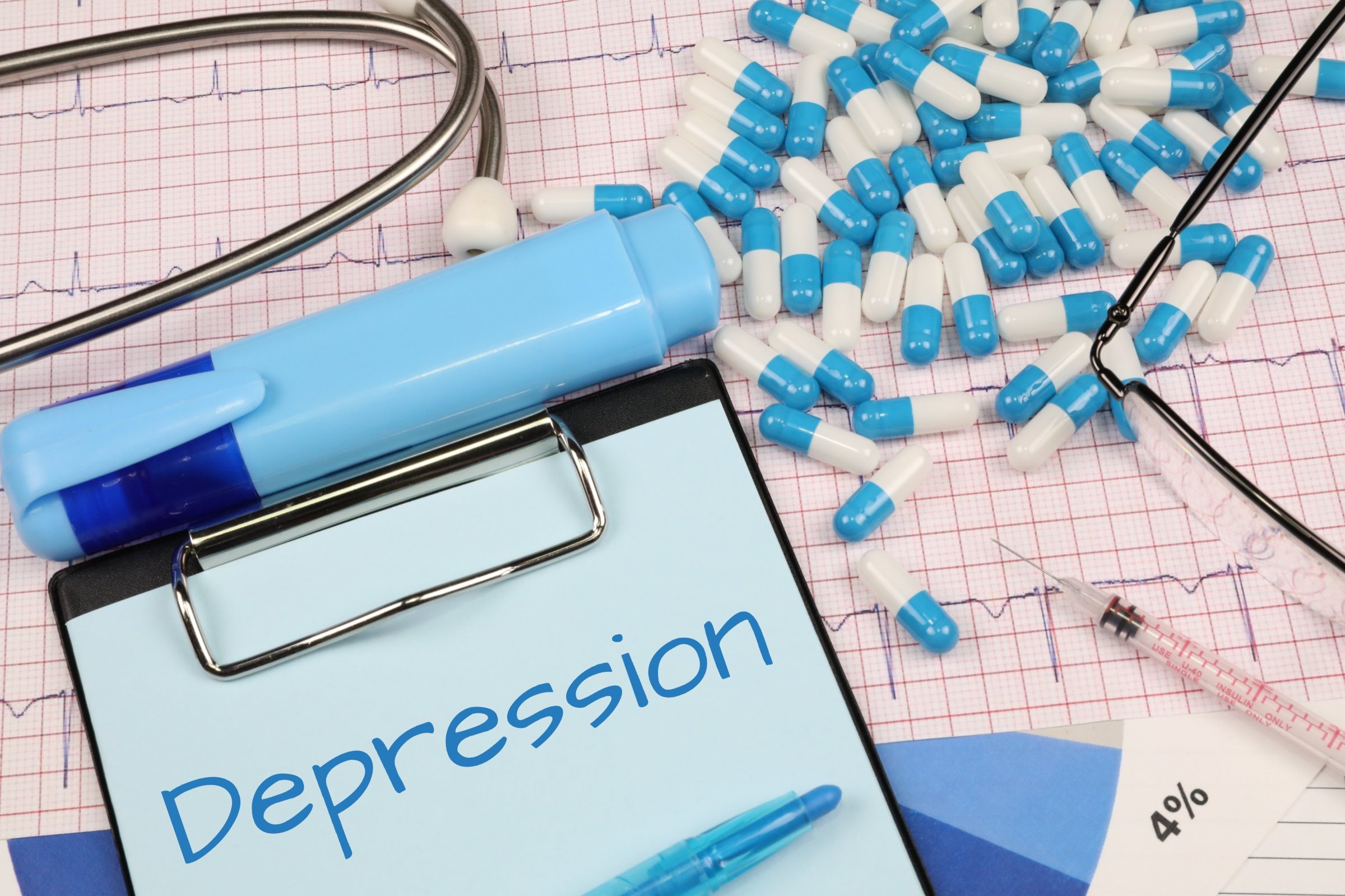
Depression and anxiety are common companions of inordinate social media use. When you constantly see images of people living putatively perfect lives, it’s easy to fall into the trap of comparison. You might question why your life does not feel as instigative or successful as those you see online. These comparisons can spark passions of inadequacy, creating a rich ground for anxiety and depression to take root.
The constant exposure to idealized images can lead to negative studies and feelings, and over time, this can affect in a downcast curl of despair.
It’s pivotal to flash back that social media frequently presents a distorted interpretation of reality. People generally partake the highlights of their lives and sludge out the mundane or delicate moments. What you see online isn’t the whole picture, and it’s essential to separate between these curated personas and real- life gests .
Loneliness and Social Isolation
Are also common issues that arise from excessive social media use. While it may seem contradictory, spending too much time on social media can actually increase feelings of loneliness and social isolation. This is because social platforms is often a poor substitute for real-life social interaction. It’s important to limit our social media usage and prioritize real-life interactions. This can help us maintain our mental health and build stronger interpersonal relationships.

Ironically, inordinate use of social media can increase passions of loneliness and social insulation. While it may feel that staying connected online should reduce these passions, the contrary is frequently true. It’s a bit like having a virtual regale rather of a real one – it does not satisfy the same hunger for genuine connection.
Spending too important time on social media can lead to neglecting face- to- face relations, which are pivotal for emotional well- being. Genuine exchanges, participated gests , and physical presence play a vital part in maintaining our internal health. When we prioritize the virtual over the real, it can lead to a sense of disposition from the world around us.
Comparison Culture and Its Impact
Comparison culture and its impact: Not only is social media addictive, but it also fosters a “comparison culture.” You may have found yourself comparing your life to those seemingly perfect ones you see online. This often leads to increased feelings of inadequacy and negative impacts on self-esteem. Instead of focusing on the things our lives are lacking, we focus on what we think others have. We try to fit into their so-called “perfect” mold instead of being true to ourselves.
It’s almost like we are seeking a constant form of validation from these online profiles and, as a result, we develop social validation seeking behavior. This can become a vicious cycle of feeling bad about ourselves, checking social media for comfort, and feeling even worse as we compare ourselves to seemingly perfect people. Stick to being yourself, not an online mask created for likes and followers.
But then is the pivotal communication The path to happiness and fulfillment lies in embracing our true characters, not slipping an online persona acclimatized for likes and followers. In a world filled with pollutants and facades, authenticity is the lamp that can guide us toward genuine connections and tone- acceptance. So, let’s strive to be ourselves, proudly and unapologetically, in a digital world that frequently tempts us to be anything purely.
Cyber-bullying and Harassment
It’s important to understand the types of cyber-bullying that exist and their impact on mental health. From spreading rumors online to posting hurtful comments, cyber-bullying can be devastating to the victim’s well-being. The effects can range from anxiety and depression to low self-esteem and suicidal thoughts. To prevent cyber-bullying, it’s important to educate children and adults about responsible social platforms use and establish strict consequences for those who engage in such behavior. Always remember, being kind online should be as important as being kind in person.
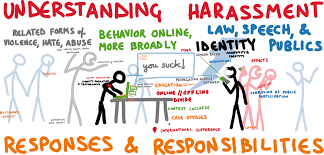
You hit the nail on the head there –cyber-bullying is a real imminence in the digital age. It’s not just a inoffensive knavery; it can mess with someone’s internal health big time. Let’s dive deeper into this dark side of the internet. Cyber-bullying comes in all shapes and sizes.
From nasty rumors to cruel commentary, it’s like a bane that seeps into the victim’s mind. It’s like being stuck in a now day – ending storm of negativity, and the goods can be brutal. Anxiety, depression, and low tone- regard – these are just a many of the demons that cyber-bullying can unleash. suppose about it; when you are sitting behind a screen, it’s easy to forget that there is a real person on the other side.
The words you type can cut deep, leaving emotional scars that may now day heal. It’s like throwing jewels from a retired spot, and you might not see the damage you’ve caused until it’s too late. The thing is, we all need to be educated about the responsible use of social platforms. It’s like tutoring someone to drive – you wouldn’t hand over the keys to a auto without assignments, right?
The same goes for the digital world. We need to know how to navigate it safely and kindly. And let’s talk consequences. Just like in real life, conduct online should have repercussions. However, there should be a price to pay, If you are out there spreading hate and causing pain. It’s like breaking the rules in a game; there have to be consequences, or the game loses its meaning. Flash back, being kind online should be non-negotiable.
It’s as important as being kind by person. It’s like putting on sunscreen before heading out into the sun – a small step that can help a whole lot of pain. So, let’s use the power of the internet for good, lift each other up, and make the digital world a safer, kinder place for all.
Impact on Interpersonal Relationships
Social media may have made us more connected virtually but is disconnecting us emotionally. Excessive use can lead to decreased communication skills, difficulty in forming and maintaining relationships, and can even impact romantic relationships. Users may become so absorbed in their virtual life that they forget the importance of real-life connections. social platforms can be a great way to stay in touch with friends and family, but it should not be a substitute for physical interaction and verbal communication. Remember, no amount of likes, comments, or shares can replace a heartfelt conversation with your loved ones.
Absolutely, the impact of social media on interpersonal connections is a hot content these days. It’s like a double- whetted brand, you know. On one hand, it’s a fantastic tool for staying connected with musketeers and family, but on the other hand, it’s creating some emotional distance. Let’s break it down. So, you see, we are all hooked on these apps and platforms, and it’s easy to get lost in the digital world. But then is the kick – too important screen time can put a dent in our communication chops.
We are so habituated to quick textbooks and emojis that occasionally we forget how to have a real discussion. And that is a real bummer. Plus, forming and keeping connections ain’t a walk in the demesne these days. Social media can make effects a little tricky. You might have tons of musketeers online, but are they your real musketeers? It’s like having a pizza without the condiments, you know, missing that real connection. It’s easy to feel insulated in a ocean of virtual musketeers.
Conclusion
It’s important to be aware of the negative impact social media can have on mental health. To use it in a healthy way, limit usage time and follow positive accounts. Remember, life happens beyond the screen.
For More Related Articles Browse Our Website Blogster.pk
For social Connection You can also Visit and follow our Social media Platforms
Facebook , Instagram, Linkedin, Pinterest, Quora, Twitter, Youtube.



